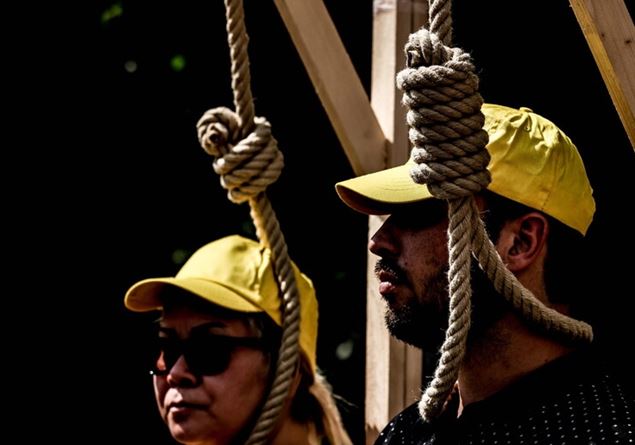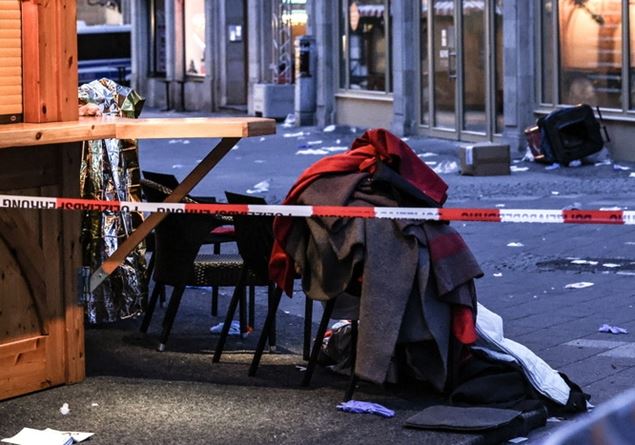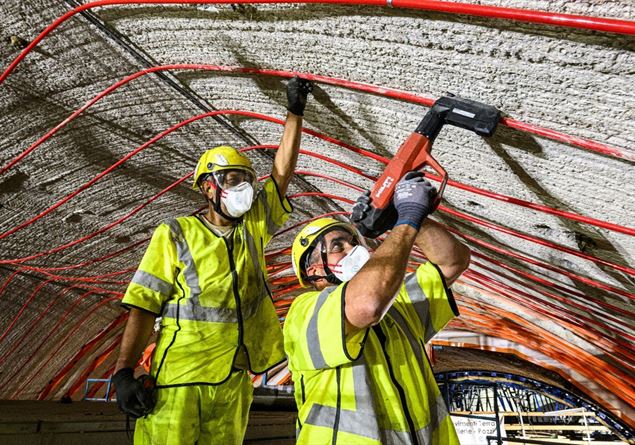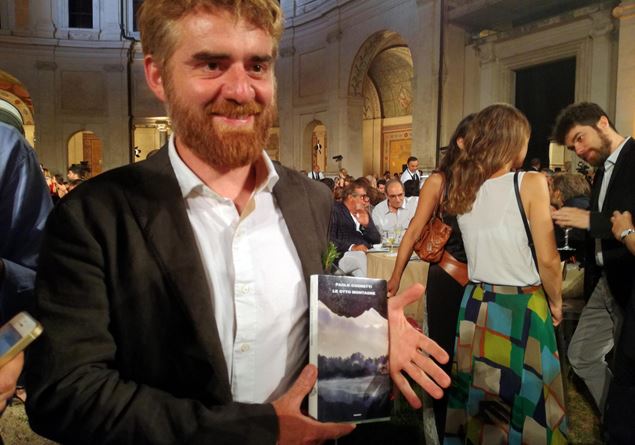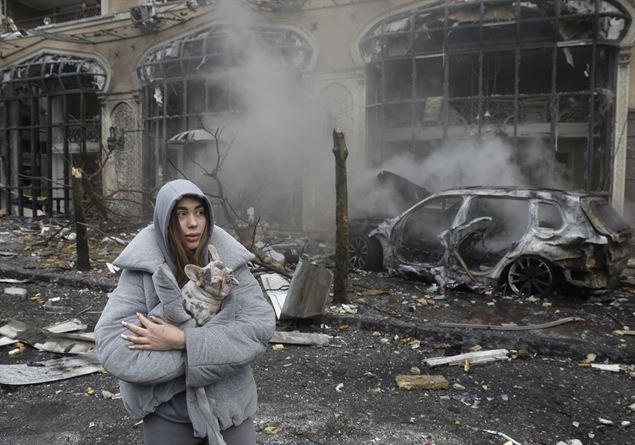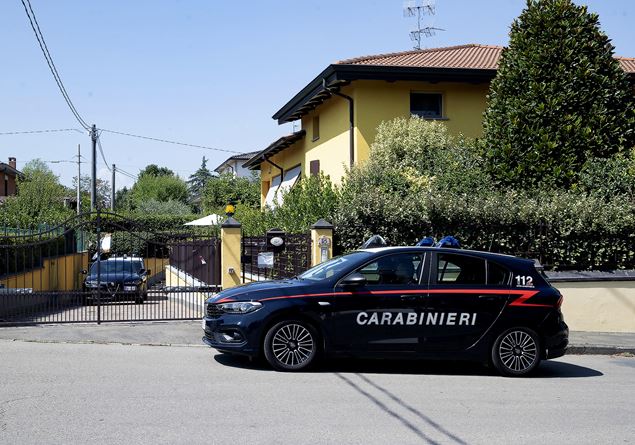
The events in Traversolo, in the province of Parma, are well known. It is painful to repeat the dynamics and responsibilities of the death inflicted on the two newborn children, born alive, buried at a distance from each other, in the garden of the house, in the “cold and black earth” as Carducci would say. A discovery that has been talked about for days and which now – apart from the ongoing legal matter with all the relevant investigations – is cloaked only in warmth, compassion, pity, for those two innocent and defenseless little creatures. Two lives full of hope and future, two “unique pieces” in the mosaic of humanity, now impoverished. Each unique, each special, each unrepeatable. La Pira in one of his reflections, quoting Seneca, writes: «“Society can be similar to a vault that would certainly fall if the stones, and this is what makes them solid, did not support each other”».
Every human being is, therefore, an essential stone for the construction and solidity of this unique vaultand to the speed and progress of this unique dynamism. This is so true that for small deceased newborn children we think about funerals, giving them burial, characterizing them with a name, and taking care of their registry registration. They are people. They are part of the human family. They deserve to be recognized as “ours”, as children or, at least, as related to common humanity. A civil society cannot do without this, because the two little children, even if they had just emerged from their mother’s womb, existed. It is their existence, made tangible by their visibility – albeit that of corpses – that deserves honor, respect, welcome, entry into the society of men which is, precisely, mobilizing for them. Their existence!
At this point how can we not broaden the horizon and remain thoughtful by asking ourselves: but those two children didn’t exist before birth? And if their existence had been destroyed during those nine months before giving birth, would there have been compassion, warmth, pity, the search for a name, mobilization to honor those creatures? I know well where these questions lead, but we cannot avoid them if the compassion is true, if the embrace towards the two newborns is authentic. Birth is not the beginning of man’s existence, but a stage. Certainly an important stage, but not the break between being there and not being there. Each of us, unique and inimitable, began to live much earlier under our mother’s heart.
Someone has compared the big bang that gave rise to the immensity of the universe with the big bang that gave rise to every human being. A point full of surprising strength and energy; a point that already includes everything that only requires time and space to manifest itself. For the human being – always a person and never a thing; subject and never object – this “big bang” is conception, and the space and time of the first phase of life are those experienced in the maternal womb as in a mutual embrace between mother and child. This horizon illuminates the meaning of human life which is love.
We must ask for forgiveness from the two little newborns torn from life by the fury of the adults; we must ask forgiveness from all born and unborn children who, instead of love, have encountered the indifference of adults, their arrogance and, for the unborn in particular, oppression disguised as “right” and “freedom”.
We must be grateful to the two little newborns torn from life by the fury of the adults, because their existence is however a gift full of hopejust as that of all children, born and unborn, is a gift full of hope.
And for the “grown-ups” who can’t make it, who are themselves victims of their sick impulsiveness, of ideologies of death, of conditioning that debilitates the courage of acceptance, of fragility, of loneliness that saps one’s strength, of the fear of future, lack of confidence and self-esteem…. For all of us we ask for mercy. May the Jubilee now upon us make us profoundly capable of recognizing Hope also in every child who comes into existence in that explosion of beauty that is the “big bang” of conception, so that all children are always welcomed and loved.
Cover photo, Ansa
